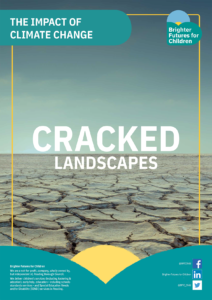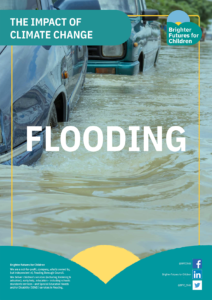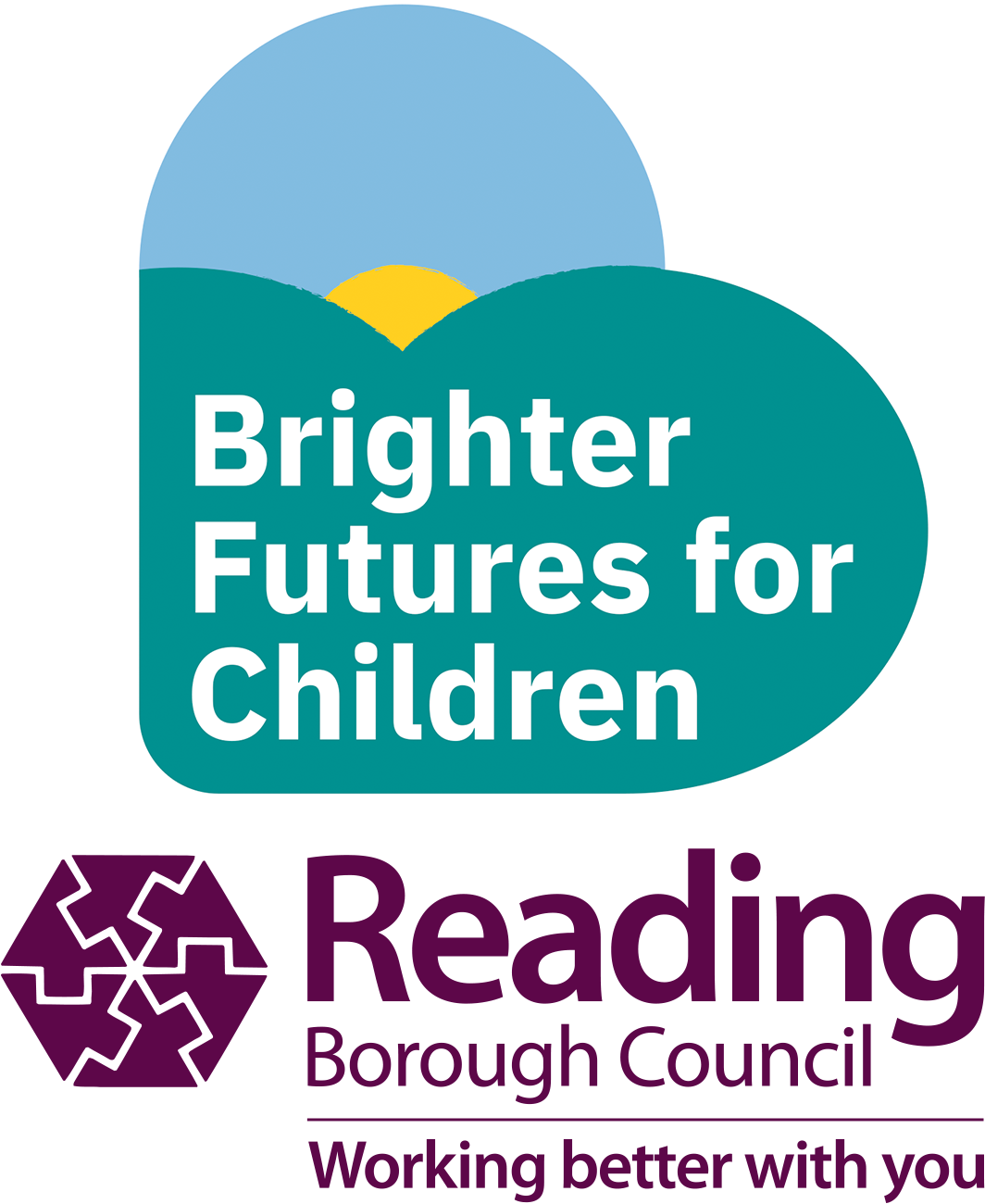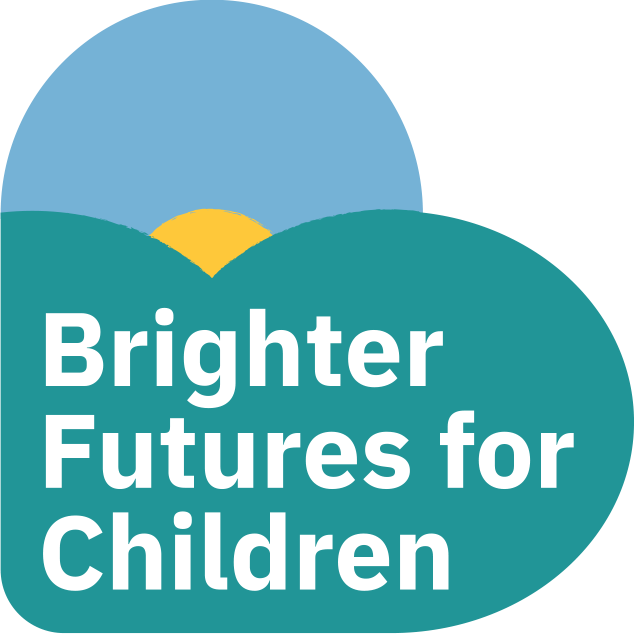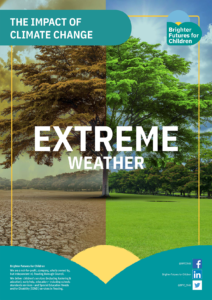
Brighter Futures for Children is paving the way for every school in Reading to have UN-accredited climate change teacher.
On 4 November, the education arm of the Reading-based children’s services is hosting a climate change conference for headteachers and their nominated individual teacher from each school, to learn more about becoming UN-accredited in teaching and contributing to national climate change learning strategies.
‘We are keen to put Reading schools at the forefront of a growing initiative to improve the quality and relevance of climate change learning,’ said Prof Dr Kate Reynolds, Brighter Futures for Children’s Director of Education.
‘This training is relatively new but there are already 3,000 accredited teachers in 14 countries and we must do what we can to ensure all Reading schools have the tools they need to embed up-to date information about climate change into the curriculum,’ she added.
The event, which takes place from 1pm-4pm at Alfred Sutton Primary School, Wokingham Road, Reading, will be officially opened by Cllr Ashley Pearce, Reading Borough Council’s Lead Member for Education, who said:
‘Reading Borough Council joined other local authorities in declaring a climate emergency earlier this year and committing to a carbon neutral town by 2030. This is a wonderful new initiative which will hopefully put a trained UN accredited climate change ambassador into every school in Reading, which will help reinforce in classrooms what is already a very clear message from school children and young people in Reading that everybody must take action to tackle climate change.’
The conference has been organised as part of the eduCCate Project, a partnership between Harwood Education and the UN CC:Learn (UNITAR) Team.
The partnership’s aim in the UK is for every school to have at least one lead teacher for climate change. Once qualified, the teachers will be collectively tasked with taking the UK into a global lead in helping pupils learn about the causes, extent and solutions to the climate issues facing the world today.
Training involves teachers signing up for free courses which take approximately 15-20 hours to complete. They learn at their own pace via tablet, mobile phone, or desktop computer.
Teachers have access to the most up to date information and targeted resources for teaching pupils about issues relating to climate change, plus the opportunity to join a closed community of other teachers to share knowledge and resources.
The partnership supports knowledge sharing, promotes the development of common climate change learning materials, and coordinates interventions through a collaboration of UN agencies and other partners. Teachers who undertake the accreditation will also have access to the eduCCate global community and school sustainability and eco initiatives.
Training themes include climate change and a range of topics, including science, finance, gender, human health, cities, international negotiations, adaptation planning, forests and education for children.
